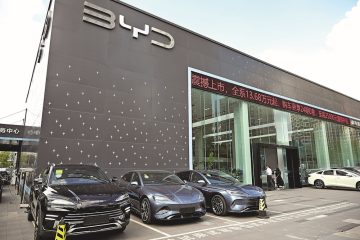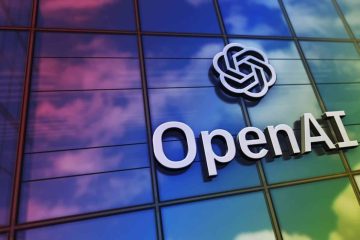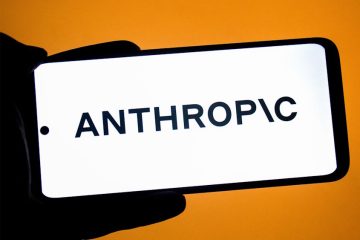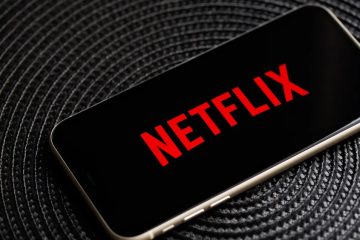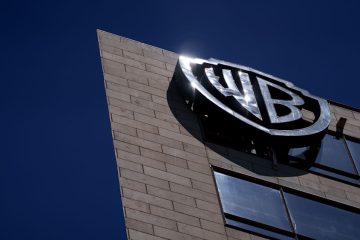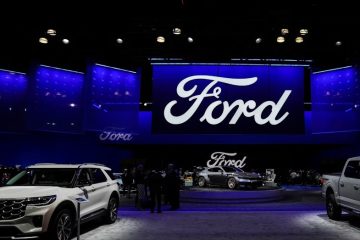How Jensen Huang won over Trump, who wanted to split Nvidia

US President Donald Trump disclosed that he had considered breaking up tech powerhouse Nvidia to enhance competition within the AI chip industry. However, he later backed off—a move that underscores the increasing influence of Nvidia’s CEO Jensen Huang within the White House. Huang’s personal lobbying and policy engagement have indeed played a pivotal role in driving a significant shift in US trade policy, solidifying his status as one of the most influential tech executives in Washington.
During an AI summit in Washington on Wednesday, Trump acknowledged, “I said, ‘Look, we’ll break this guy up,’ before I learned the facts here.” He stated that aides had informed him the move would be significantly more challenging than expected, as Nvidia’s supremacy in the AI hardware sector was supported by years of development that competitors would find hard to replicate in the short term. “I figured we could go in and sort of break them up a little bit, get them a little competition,” Trump stated. “But I found that it’s not easy in that business.” During Trump’s remarks, Huang, seated in the audience, received multiple commendations from the US President alongside other tech leaders for their ongoing investments in the United States.
Nvidia Jensen Huang, the co-founder and CEO of Nvidia, has been a pivotal figure in the tech industry. His leadership has propelled Nvidia to the forefront of graphics processing and artificial intelligence. Huang’s vision for the future of computing continues to shape the landscape of technology. Jensen Huang and Jensen have made headlines recently, particularly with Nvidia’s advancements. The Nvidia CEO has been at the forefront of these developments, shaping the future of technology. Nvidia’s CEO has minimized the company’s influence in the recent decision to lift the US ban on chip sales to China.
The Trump administration’s decision to permit Nvidia to restart sales of H20 AI chips to China raises questions about the underlying motivations. Analysts are keen to understand the implications of this move in the context of U.S.-China relations and technology competition. David Sacks, the AI czar under Trump, has come forward to defend the decision to reverse the chip export curbs to China. Nvidia commands over 90 percent of the market for chips that drive AI systems. The company’s dominance has enabled it to overtake Apple, establishing itself as the world’s most valuable public company, with a market capitalization exceeding $4 trillion. However, it has also placed the company in the spotlight of global trade tensions. In April, the Trump administration took action to block sales of Nvidia’s H20 AI chip to China, a decision that raised alarms within the company and prompted a vigorous lobbying effort from Huang.
Reports indicate that Huang initiated a comprehensive lobbying effort, which included a meeting with Trump at Mar-a-Lago, testimony before Congress, and collaboration with influential figures within the White House, such as AI and crypto czar David Sacks. In the course of these meetings, Huang contended that limiting American chip exports would ultimately be counterproductive, driving nations to consider Chinese alternatives and undermining US dominance in the field of AI. The narrative appears to have struck a chord with Trump’s inner circle, particularly following the unveiling of a competing AI chip platform by Chinese competitor Huawei and the surge in Chinese demand for AI infrastructure. Last week marked the culmination of the campaign as Huang met with Trump in the Oval Office. In a matter of days, the administration shifted its approach. The decision has been officially connected to wider trade negotiations, specifically associating the change with a rare earth magnet agreement with China. However, sources cited by US media attribute the shift to Huang’s influence.
Throughout Trump’s initial term, Tim Cook, the CEO of Apple, was instrumental in facilitating behind-the-scenes diplomatic efforts. In Trump’s second administration, Huang has emerged as the most influential tech executive, eclipsing both Cook and Tesla’s Elon Musk, who have seen their standing with the US president diminish. Cook, previously regarded as Trump’s trusted corporate advisor, has encountered backlash from the administration regarding Apple’s supply chain approaches and its transition of manufacturing to India. In recent developments, Elon Musk, who was previously viewed as a close ally of Trump, has experienced a notable rift with the president.
Huang has expressed his admiration for Trump, stating that he recognizes the importance of energy in the production of artificial intelligence. During a conversation with Bret Baier of Fox News, Huang described Trump as a “visionary” for acknowledging this necessity. At Wednesday’s AI summit, Huang addressed a question during his session regarding the unique advantage held by the US that other countries lack. “America’s unique advantage that no country could possibly have is President Trump,” said Huang.

